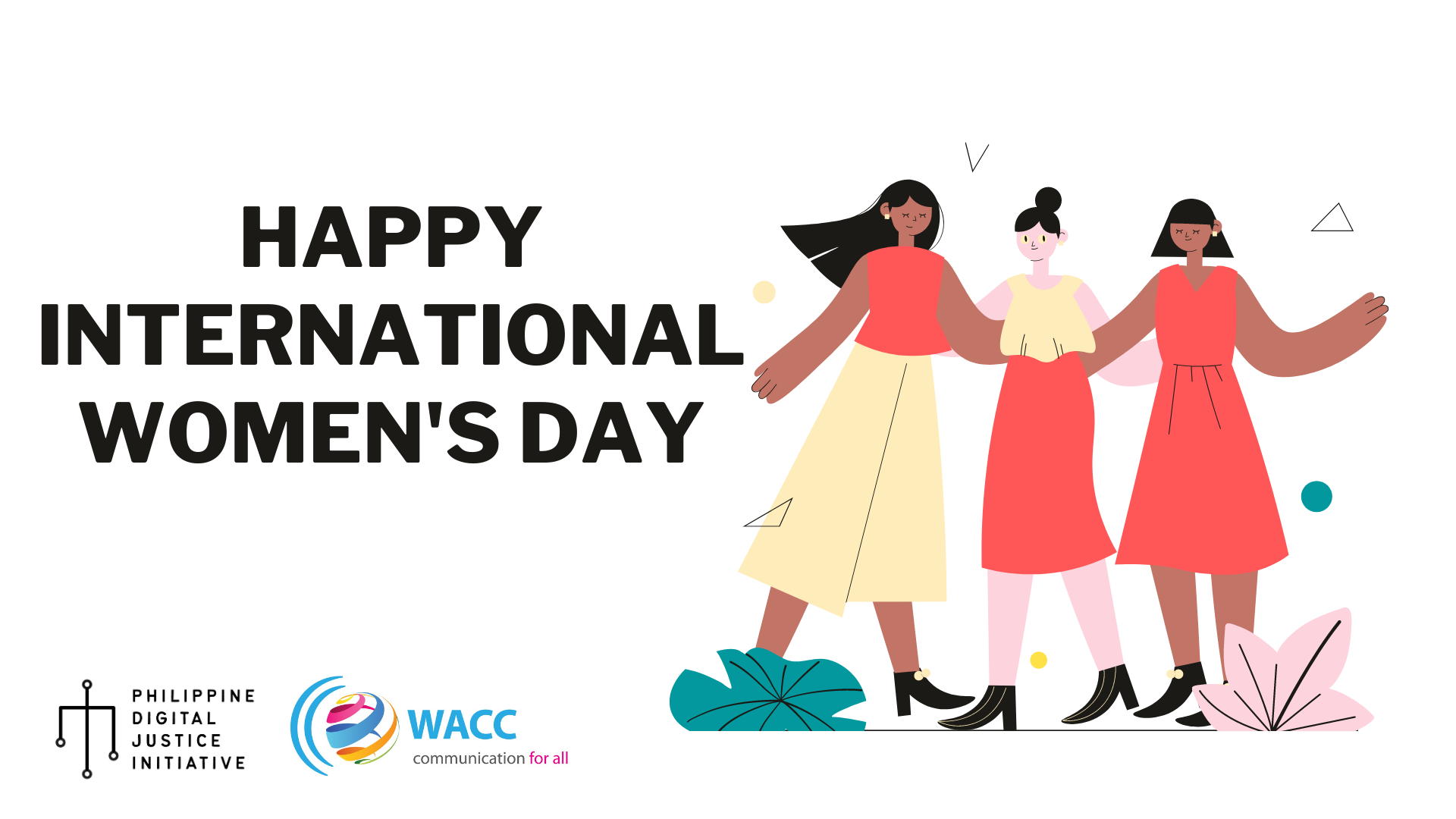From having the right to vote, take up the formerly gender-based professions, go with whatever fashion they may prefer, the rights and liberties of women have undeniably progressed in comparison to what was the state in the past 100, or even 50 years.
The advancement of technology, especially with social media networks, has made it easier for women and other marginalized sectors to speak up for themselves and others, as well as discuss with one another the different means to go against the status quo that is structurally oppressive to women. While social media and the internet helps women to strengthen their collective community, the same platform exposes them to similar oppression from women albeit in a new digital form. Women—especially young women–are more exposed and prone to harassment only such as name-calling, trolling, stalking, shaming, and sexual and death threats [1]. Besides, the breach of data privacy is more rampant with women in digital space, as seen from the news of people having group chats where women’s private photos and videos are shared without their knowledge and consent [2][3]. Fortunately, the Safe Spaces Act have been passed recently to address these types of cases to help not only women, but also men, children, and other vulnerable sectors [4].
In celebration of International Women’s Day, the Philippine Digital Justice Initiative calls for a safer digital space for women and other marginalized sectors and for people to secure and cultivate a nourishing and cultivating digital environment. We believe that the rights of women should not be upheld in the offline world, but also and most especially, in the online world.
Sources:
[3] https://philnews.ph/2020/07/02/up-visayas-fraternity-gc-photos-undressed-women/

